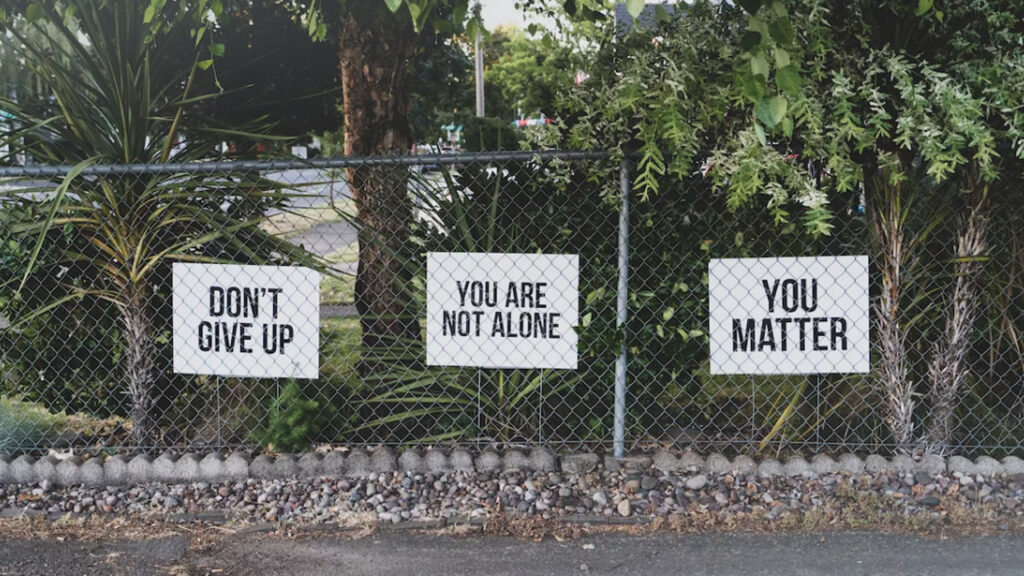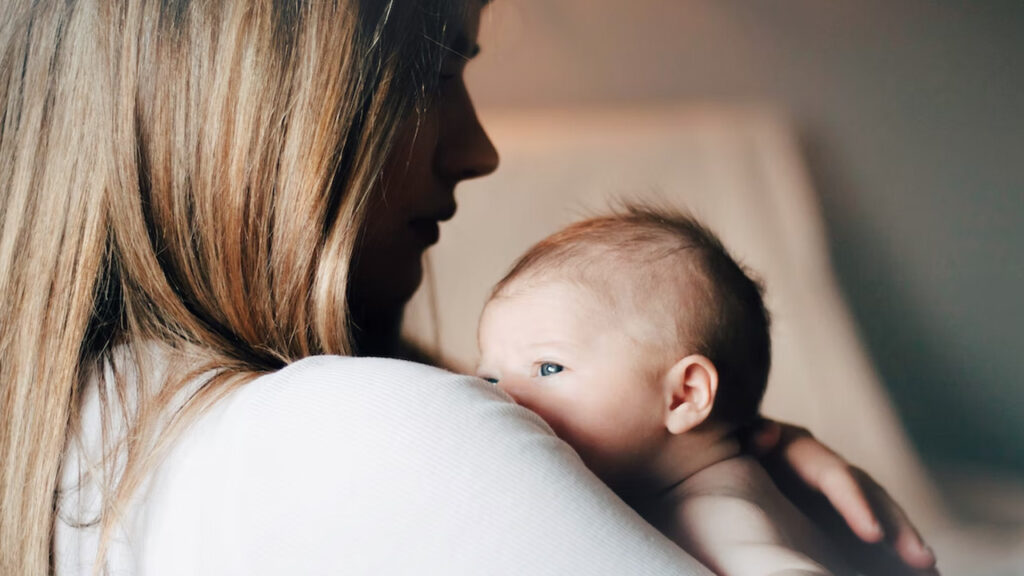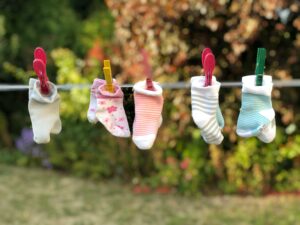1. Dropping off easy meals
I know this is a bit cliche, and honestly, I was skeptical beforehand. Our small group leaders offered to pull together a rota of people from church and I said if people have time, then that would be appreciated, but please don’t worry we should manage ok. Ha.
I don’t know if it’s the exhaustion, the number of appointments you have, or trying to figure out how to keep a baby safe, well fed, and happy, but somehow cooking was one more thing to do, especially once my husband started back at work (who does all the cooking…yes he’s perfect).
I’m so thankful people didn’t really listen to us and dropped off food. Homemade meals, store-bought meals, Just Eat vouchers, food ordered for us or cakes – we had it all and every item was appreciated. So if you want to help someone – drop off some food.
2. Encouraging and positive messages
Please send that new mum a WhatsApp. And don’t be offended if she doesn’t reply straight away (you don’t know what she’s going through). Try not to ask a lot of questions, so it’s not too much for her to respond to (I found that overwhelming). But just let her know that you’re there and you love her.

And if you’re close, be her cheerleader. If she’s struggling with breastfeeding, encourage her. If she feels like a bad mum, tell her she’s great. If she’s feeling really down, see if she wants to meet up or encourage her to talk to one of the medical professionals. But just tell her she’s doing a good job.
3. Practical Gifts
They don’t have to be expensive, it’s the thought behind them.
Some brilliant gifts we got were 2 bumper packs of nappies (so useful), a book that was special to someone when they were little, a big bag of second-hand baby clothes, some items that someone else found essential in the first few months, a big pack of baby wipes and some toys that children had outgrown.
4. Make real offers to help
Everybody said ‘let me know if I can do anything’ but that’s such a vague comment it doesn’t really feel very material and makes it hard to ask for a specific thing.
It’s more helpful to offer what you are able and willing to do, such as:
- Taking the baby for a walk in the pram
- Doing some washing up
- Taking a load of washing
- Cleaning some toilets
- Going to an appointment with them

5. A favorite snack for the nights
My brother and sister-in-law sent me a 1kg bag of chocolate M&Ms straight after we got back from the hospital. They didn’t last as long as they should but they got me through the first 10 nights of breastfeeding which were the worst.
So post or drop off their favorite snack to keep them going through the first sleepless nights!
6. Prayers (and let them know you prayed)
Though not very tangible compared to the others, this is the most important thing you can do for a new mum. Ultimately, our help comes from God, and what better gift than bringing them before the throne of God in prayer.
Ask for strength, love, energy, patience, wisdom, and peace. And let her know you’re praying for her.
What’s not so helpful… (things to avoid)
1. Unsolicited advice
If you can see they have decided not to use a dummy, don’t try and tell them that you used a dummy and you think their baby needs it.
If they haven’t asked for advice, just hold back on your personal opinions unless it’s an issue of safety for baby or mum.

2. Clothes for the wrong season
If you get a big thick coat in the sale, even if it’s beautiful if it’s for summer that’s not going to be useful for the recipient.
Try to work out the age of the child when buying gifts (particularly ones on offer) to make sure it’s going to be wearable.
3. Comments about second children
Seriously people were joking with me a week after having traumatic labor and I tried to be gracious, but it really wasn’t helpful.
Avoid making comments around this topic all together, especially if you know it’s been a tough start.
4. Dismissing new baby research
A lot more studies have been done since people had babies 30 years ago. If there’s new evidence, be positive about that rather than saying unhelpful things like ‘It’s a wonder how anyone survived back then’ (check out the stats – a lot of babies didn’t survive).
5. C-section comments (unless they’re positive!)
As someone who had an emergency c-section, I was shocked by how painful and hard the recovery was.
To have someone make a comment about the ‘easy way out’ was really not helpful. Try to restrict your comments to ‘It’s brilliant the medical staff were able to save you and your baby with a c-section’.

6. The classic ‘you look tired’.
It’s true. A new mum is exhausted.
Why point that out? Our first video call with my in laws and the first thing my MIL said was ‘Wow, you look tired’. It was so discouraging. Stick to more positive, less obvious comments.
7. Telling them how easy your pregnancy was
Hearing multiple birth stories that were really very straightforward, or how easy they found breastfeeding, or how they did Gina Ford and their baby slept through really early is not easy listening for a new mum.
Honestly, I want to be able to rejoice with people when things have been good for them, but after terrible labor or in the midst of painful feeds it’s not helpful.
8. Don’t ask ‘do you have a good baby?’.
A baby doesn’t choose to have colic. A baby doesn’t choose to be hungry. A baby doesn’t choose to have gas. And saying that to a mum reinforces the false idea that your baby is choosing to be ‘bad’. Or that the mum isn’t doing it right.
So there we have it. 6 things to do and 8 things to avoid. And make sure whatever you say or do is genuine – the details will be picked up on and make it extra special for the new mother receiving your support.







